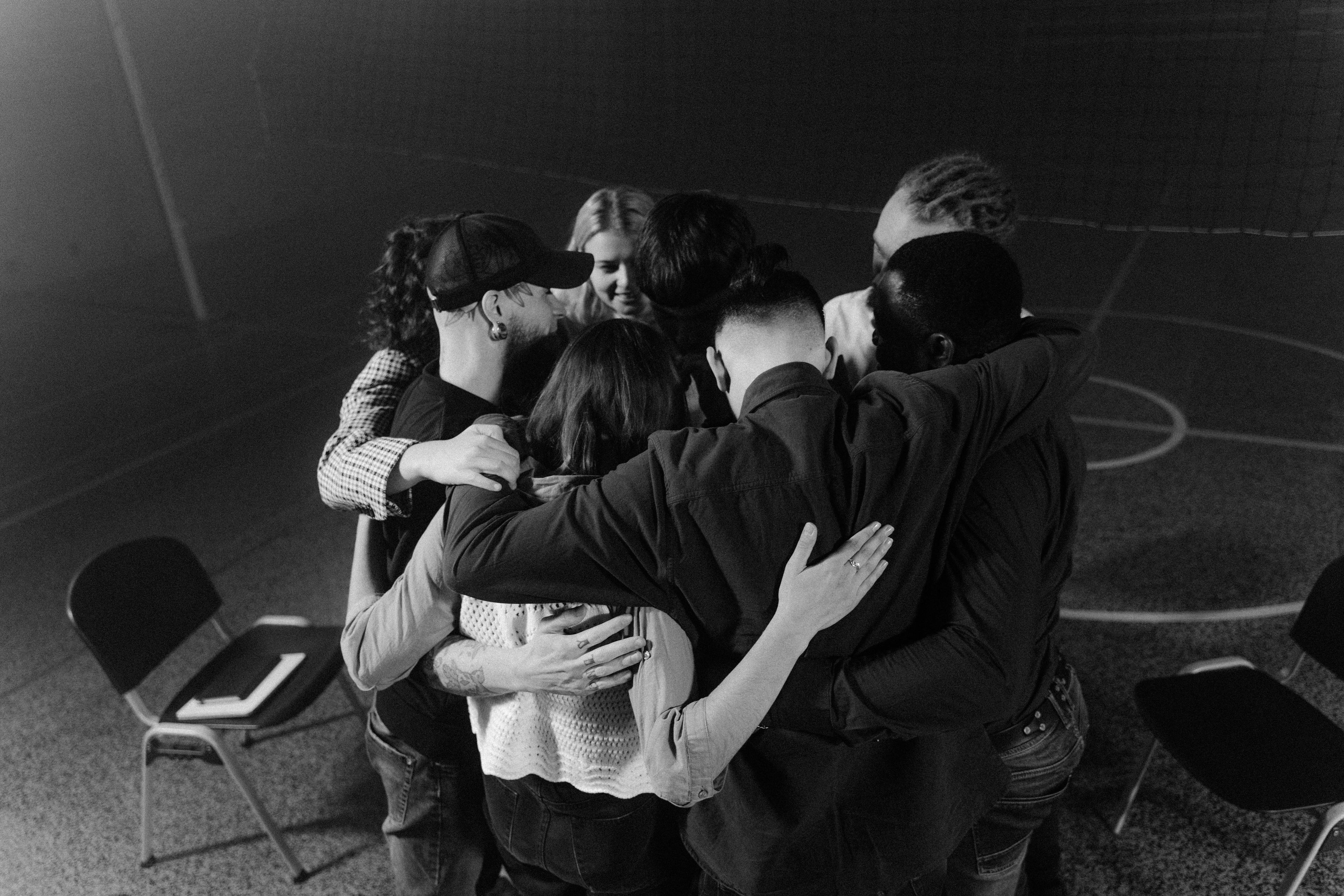
Rethink Wellbeing
Mental Health Programs
Rethink Wellbeing’s mission is to nurture mental wellbeing at scale. To do so, it uses engaging, proven, and low-cost programmes, tailored to the needs of communities.

What problem is Rethink Wellbeing working on?
Mental illness impedes clear thinking, productivity, and relationships — all of which would allow for agency and flourishing. Given the usual or even increased prevalence of mental health conditions among effective altruists — and around 35% productivity loss for affected individuals — the effective altruism movement loses 5–10% of its productivity and likely impact. With 7,400 effective altruists that are considered “highly engaged,” this reflects a workforce loss of around 400 people.
Half of the affected effective altruists report an unmet need for mental health support. The special effects of working on reducing existential risk and suffering require tailored services, and with the effects of the FTX crisis, psychosocial support for effective altruists is now needed more than ever.
What does Rethink Wellbeing do?
More than 300 effective altruists working across all cause areas have already signed up for Rethink Wellbeing’s service — mainly after one EA Forum announcement, which was read by roughly 1,200 people.
Guided self-help and digital therapeutics have proven to be cost-effective and scalable solutions that can help relieve overwhelmed care providers. Meta-analyses show that when guided online by trained laypeople (i.e., peers), they are just as effective and engaging as professional one-on-one therapy at a fraction of the cost. A peer guide only needs to be trained once to deliver a diverse portfolio of digital interventions. Also, building strong peer relationships and feeling social support independently strengthens engagement as well as mental health itself.
Rethink Wellbeing wants to test established guidance frameworks, such as peer counselling and support groups, and combine these with proven digital content and tools such as moodgym,CCI Self Help, or acceptance and commitment therapy (ACT) workbooks. Rethink Wellbeing aims to develop a system that improves mental resilience in the effective altruism community at scale. Its approach builds upon pilot projects of others in this space, mainly online effective altruism fellowships, GoalsWon,the EA Mental Health Programmme, and Off Road.
In 2023, Rethink Wellbeing plans to create and pilot minimum viable products (MVPs) for:
- How to select, screen, and match peers for the programmes based on their preferences, needs, goals, and other needs (such as time zone, personality, and indication).
- Peer training on how to run peer support and online and digital programmes — including meta-skills such as group facilitation, motivational interviewing, and behaviour change.
- Feedback systems to enable automated self-learning by evaluating effective components of every session as well as pre- and post-assessments.
It then plans to test and improve the MVPs by running different versions of groups with an experienced facilitator, collecting feedback, iterating and testing again, developing high-quality versions, and running a randomised controlled trial.
Additional donations to Rethink Wellbeing will help it grow its team more quickly to meet the demand for high-quality services — including hiring a full-time director and research owner, and paying experienced facilitators to host pilot groups to optimise the concepts and inform future training of peer facilitators.
What information does Giving What We Can have about the cost-effectiveness of Rethink Wellbeing?
We don't currently have further information about the cost-effectiveness of Rethink Wellbeing beyond it doing work in a high-impact cause area and taking a reasonably promising approach.
Please note that GWWC does not evaluate individual charities. Our recommendations are based on the research of third-party, impact-focused charity evaluators our research team has found to be particularly well-suited to help donors do the most good per dollar, according to their recent evaluator investigations. Our other supported programs are those that align with our charitable purpose — they are working on a high-impact problem and take a reasonably promising approach (based on publicly-available information).
At Giving What We Can, we focus on the effectiveness of an organisation's work -- what the organisation is actually doing and whether their programs are making a big difference. Some others in the charity recommendation space focus instead on the ratio of admin costs to program spending, part of what we’ve termed the “overhead myth.” See why overhead isn’t the full story and learn more about our approach to charity evaluation.